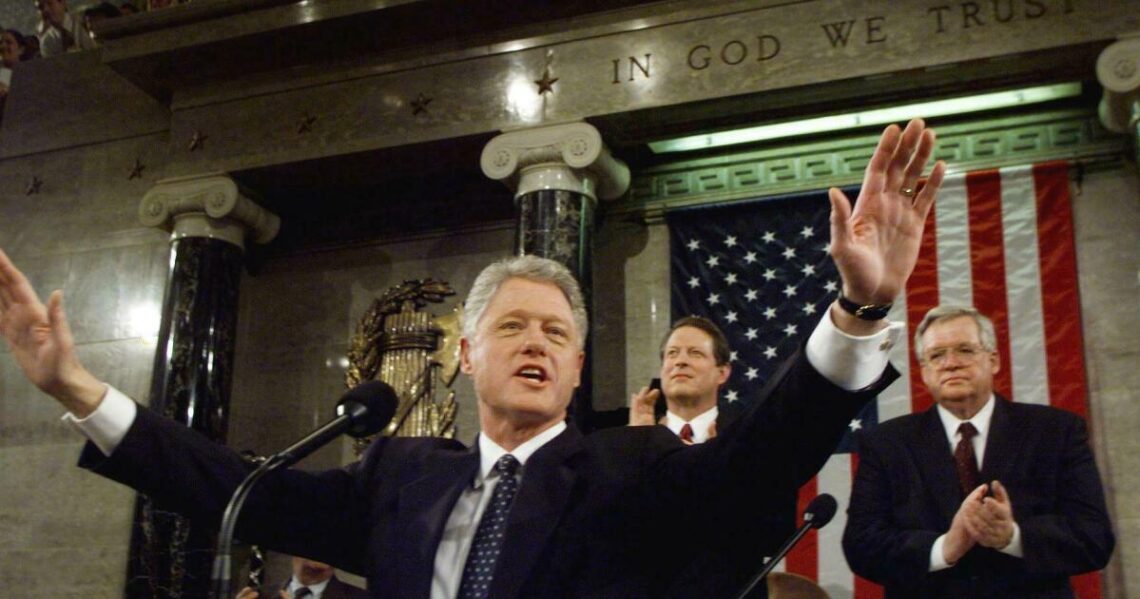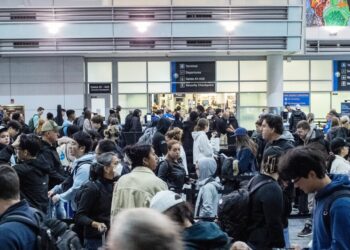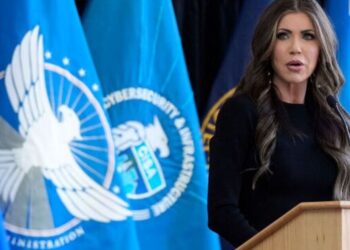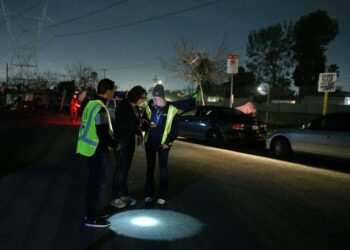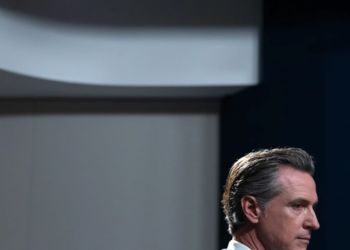Tune In Live
-
We’ll be carrying NPR’s live coverage of the State of the Union address in both English and en español, starting at 6 p.m. You can listen on LAist 89.3 (formerly KPCC) or at kpcc.org, or you can watch right here at laist.com.
It has been called the biggest night of the year in Washington, D.C., and also the dullest night of the year on television. It can be a moment for history to be made, or an evening of familiar rhetoric and predictable posturing.
But the State of the Union speech is a red-letter occasion for every president and every member of Congress. It is the only time that they, and nearly all the cabinet and Supreme Court and Joint Chiefs of Staff all concentrate their collective star power in one room.
In the era of primetime coverage, the State of the Union offers a rare opportunity for a president to address — and for members to be seen by — a truly national television audience.
Every year people ask about the meaning of this event and its origins, and we can clear that up with a bit of history.
The Constitution says the president “shall from time to time give the Congress information of the State of the Union and recommend to their consideration such measures as he shall judge necessary and expedient.”
George Washington decided “time to time” should be roughly once a year, and through most of its life, the tradition was called the president’s “Annual Message” to Congress. The label “State of the Union” came into use with President Franklin D….
Read the full article here

